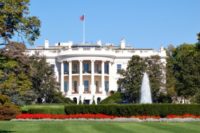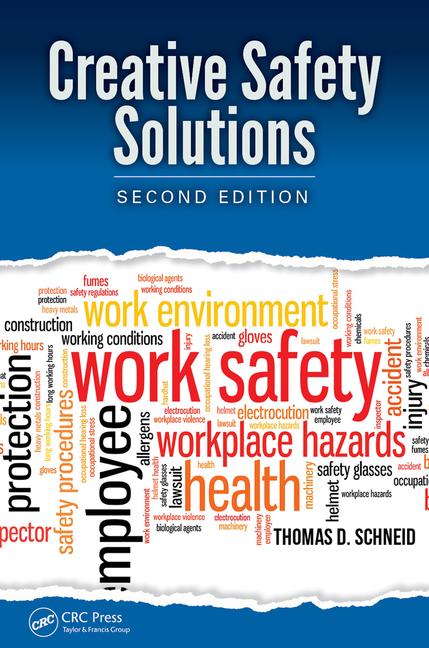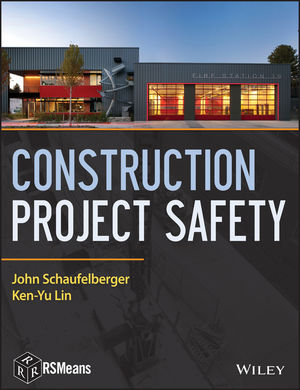 Posted with permission from FairWarning.org. (Scroll down to read about Lily Fowler.)
Posted with permission from FairWarning.org. (Scroll down to read about Lily Fowler.)
Dr. Garen Wintemute, an emergency physician and director of the Violence Prevention Research Program at the University of California, Davis, is a pioneer in the study of gun violence as a public health issue.
In his latest report, he argues that background checks should be required for the 40 percent of firearms sales made by private parties, rather than licensed dealers. That would mean requiring background checks for purchases at gun shows as well as for sales between individuals.
Wintemute argues that closing the “gun show loophole” alone wouldn’t be enough, because the shows account for only a small percentage of private sales.
Universal background checks are among the measures being considered by Congress. Other bills would impose a ban on assault weapons, tougher penalties for “straw” purchasers who buy guns for someone else; and provide funds for school safety. The interview has been edited for clarity and length.
LF: How did you get interested in gun violence?
GW: I got involved just over 30 years ago. I was an emergency room doctor here in the Sacramento area and was interested in preventing the sorts of injuries that I was seeing. I decided to get involved upstream in the flow of events that brings people into emergency departments.
I was aware of the fact that the vast majority of people who die from gunshot wounds die where they are shot. It doesn’t matter how good the medical care is. So if I as a clinician want to make the biggest inroads into the number of people who are killed every year, I need to work on preventing them from being shot in the first place.
The disparity between the size of the problem and the number of people researching it is unique. Here is a health problem that causes more than 30,000 deaths a year. There are probably somewhere between double and triple that number of permanently disabling injuries. And yet in the entire country, counting all academic disciplines together, there are fewer than a dozen experienced, active researchers in the field trying to figure out what to do about it. If we were talking about any other health problem, that simply would not be a tolerable situation.
LF: Can you describe your recent report and its recommendations?
GW: We work very hard to prevent prohibited people, most of whom are thought to be at high risk for doing crime, from acquiring firearms. Everybody thinks that it is a good idea. But we do that only when the firearm is being acquired from a licensed retailer. We know based on several studies that something like 40 percent of all firearm acquisitions in the United States, and at an absolute minimum 80 percent of acquisitions made with criminal intent, are made from private parties. They lie completely outside the set of regulatory safeguards that we apply to transfers by licensed retailers.
If I buy a gun from a licensed retailer I have to show my identification. I have to fill out a lengthy form and certify that I’m not a prohibited person, and I’m buying a gun for myself. The retailer has to initiate a background check. And obviously I can’t acquire that gun if I fail the background check. But [in most states] I can buy that same gun from a private party and none of those safeguards applies.
If I am prohibited person, it is a crime for me to buy that gun from a private party because it is a crime for me to purchase or possess, period. But the private parties who sell me a gun commit a crime only if, at the time they sell it to me, they know, or have reasonable cause to believe, that I’m a prohibited person.
I have done field research at close to 80 gun shows all over the country. A private party vendor might have a table with 50 guns on it and a little sign that simply says, “private sale.” And everybody knows exactly what that means. It means, on the one hand, there will be no record keeping. There will be no background check. But it also means, “I won’t ask questions and don’t you volunteer any incriminating information.” And that’s how the system works.
Gun shows are where you can see it happening, but if you do surveys and you ask people where they buy their guns, it’s clear that gun shows themselves account for a relatively small percentage of private party gun sales. [Between 4 percent to 8 percent of privately sold guns are purchased at a gun show.] I bring all this up, because people talk about closing the gun show loophole as an approach to this whole problem and closing the gun show loophole by itself would just be a waste of time.
LF: What’s the difference between the guy with the “private sale” sign and a retail outlet?
GW: Under the law, if you are engaged in the business of buying and selling firearms, then you have to have a license. But in the mid-1980s Congress passed, and President Reagan signed, a piece of legislation known as the Firearm Owners Protection Act that specifically made as ambiguous as possible the definition of what it meant to be engaged in the business.
The upshot of it was that it became very hard to determine what level of activity a private party could engage in and still legitimately claim not to be engaged in the business. So you could go to a gun show and see people who have elaborate displays and hundreds of guns, and they could claim just to be collectors or hobbyists, and get away with it.
LF: Some states have already adopted the background checks that you are recommending. What can you tell me about what’s happened in those states?
GW: There are six states that require a background check and a permanent record for essentially all transfers of firearms. [California, Hawaii, Illinois, Massachusetts, New Jersey and Rhode Island. New York becomes the seventh on March 15.]
In California, we’ve had a comprehensive policy in place for more than 20 years. First thing to mention is, it does not paralyze commerce in firearms. We move more than 600,000 guns a year through that system.
The state’s rates of firearm violence are below average. I can’t say what that’s attributable to, but we do know this policy clearly interferes with the movement of firearms from the legal market to the illegal market. There’s a yardstick that’s called time to crime — the time between a gun’s retail sale, and its recovery by law enforcement after it’s been used in a crime. In most states, guns that are less than three years old account for a very large percentage of guns used in crime. Here in California that is much less true. It’s not perfect, it doesn’t work all the time, but there’s a clear net effect in disrupting criminal gun commerce.
The new development here is the Internet. The Internet has the potential for making gun shows, at least in part, obsolete. I can sit at my own breakfast table and go shopping for guns on the Internet. And I don’t have to go to a gun show. We can arrange to meet, for example, at someone’s house, or a McDonald’s parking lot. It doesn’t matter. That’s completely off the radar.
LF: What do you say to people who argue that these kinds of gun regulations just don’t work, that criminals are just going to find some other way to get guns?
GW: All of the research evidence shows that increasing regulation of firearms — whether we’re talking about the firearms themselves, the people who are allowed to have them, or the conditions under which they are bought and sold — makes a difference.
I think it can be hard to prove that any one law makes a difference because laws are enacted in groups, or one right after the other, but there’s just no question in my mind, looking at the entire body of hundreds of research studies that have been done, that regulating commerce and use of firearms prevents violence.
About FairWarning
FairWarning (www.fairwarning.org) is a nonprofit, online news organization focused on issues of safety, health and government and business accountability.









